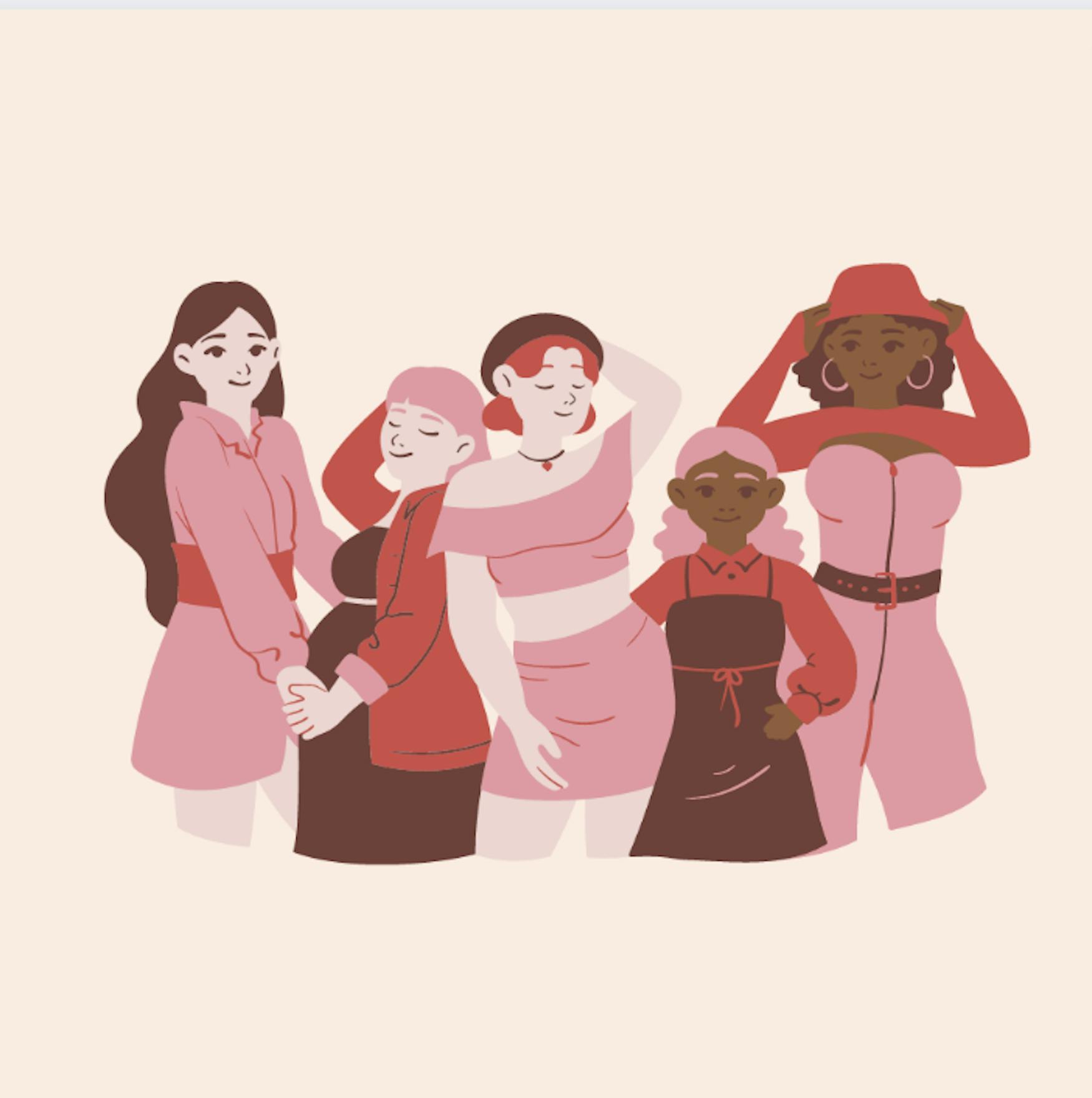It is Women’s History Month, so what?
I was sitting in the library scrolling through YouTube shorts. Yes, I know, the library is where you are supposed to be productive, but alas, this is my life. I stopped when I saw a video in response to International Women’s Day. The video was of Kriti Sanon's powerful message about the contradictory nature of this day. Her message was delivered unconventionally, where she literally said nothing while using placards to say everything.
She explained how every year it is the same rhetoric: people say “girl power” and “women’s rights,” and yet, despite all of the talking that occurs, there is no action. My favorite line from her video was “glass ceilings remain rock solid.” This metaphor perfectly speaks to the fact that no matter what progress has been made for gender equality, there is still a long way to go — glass ceilings appear to be easily broken and yet they are not. Even when women become CEOs, they are not paid equally. Yet another aspect of this issue I considered was how there is usually no discussion of what happens when you break a glass ceiling — the shards that fall and how they cut you on your way to the top. All of these ideas were surfacing for me as I watched Sanon’s video. Her message struck a chord.
This video made me truly reflect on the intention behind dedicating a specific day or month to celebrate a particular marginalized group. Why is March 8th the official International Women’s Day? Why is only one month dedicated to talking about the legacies that women have left for future generations? This month is supposed to be a time of reflection, celebration, and acknowledgment of the ways that women have advanced our world culturally, politically, and scientifically. This month was made to remember women, and yet, what happens after March — are women forgotten?
In March, we talk about women who have been a part of monumental moments in history, yet rarely do we discuss the issues still affecting women today. Seldom are there conversations about how problems can be resolved through men doing better.
Furthermore, as with any month, the idea of creating a time and space for these conversations significantly minimizes their importance, as if women’s history is not American history, or as if it should be taught separately and only during this specific moment of the year.
There is a similar problematic undertone to other months that are dedicated to celebrating particular groups’ history, like how Black History Month seems to stand alone in telling the untold stories of the Black community or how Hispanic Heritage Month illuminates histories of the Latin American experience only during October. These monthly designations further imply that the stories of historically marginalized folks are not at the core of academic learning, nor should they be.
As quoted in a Learning For Justice article, “The trouble with Women’s History Month — with all these special months — is that they encourage people to think that problems have been solved. The female heroes of yesterday are acknowledged, the debt paid and the slate wiped clean.”
Although there has been some change, and we have a lot of women to thank for that, there is always more to be done. One way to start would be incorporating marginalized voices in teaching American history instead of cording off certain months to specific groups, which only further separates these discussions from mainstream conversations about history.
With that being said, I am also a strong believer that women’s history should not only be a month but the entire year; it is important for women to support other women and men to support the women in their lives year-round. It is important to re-center the conversation around what men can do to combat gender inequality, instead of putting the burden of change on just those who identify as women.
Additionally, it is important to center conversations about women of color and other marginalized groups as well. The narratives from women’s history usually revolve around white women, and I often see women of color struggling to navigate the intersection of these identities. There is still a lot of work to be done for Women’s History Month to feel like it is truly raising awareness for and benefiting all women. Having a month dedicated to women’s suffrage and successes is a fine first step, but it should not be the last.



Please note All comments are eligible for publication in The Justice.